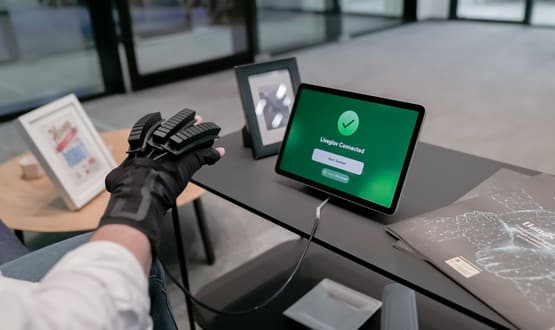€2.7m IT study looks at three-legged dog
- 21 July 2010

The research has received €2.7m from the Embodied Intelligence Initiative under the information and communication technologies thematic area of the European Commission’s Seventh Framework Programme.
Researchers at the Fredrich Schiller University of Jena in Germany will look at how dogs are able to move so capably when they lose a limb.
The research has already involved analysing dogs with fore-limb and hind limb amputations running on a tread mill, synchronised to 10 high-speed infrared cameras, for two minutes at a time.
Researchers placed reflective markers on the dogs’ skin to follow the movement of separate parts of the body and recorded the movements.
They then made complex comparisons of the characteristics of movement between dogs with different limbs missing and also with the normal movement of four-legged dogs.
The work is the result of a wider project being carried out by biologists, physicists and engineers across a number of institutions including the University of Zurich and the Ecole Polytechnique Fédérale of Lausanne in Switzerland, the University of Syddansk in Denmark, the University of Antwerp in Belgium and the University of Ryerson in Canada.
The initial results of the study were presented at the Society for Experimental Biology Annual Meeting in Prague earlier this month.
Key findings have already shown that animals adopt different coping techniques or compensation strategies to retain their mobility depending on which limb is missing.
As a result of the findings, the researchers hope to advance robotics through a multidisciplinary approach that takes into account biology, biomechanics, neuroscience and robotics.



